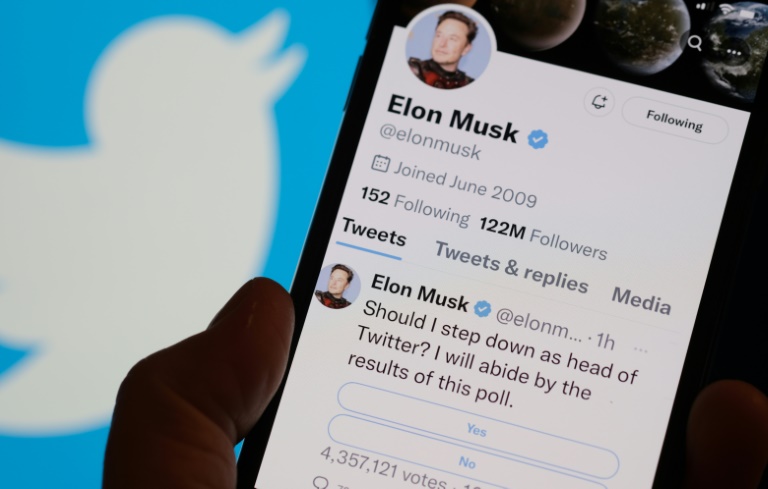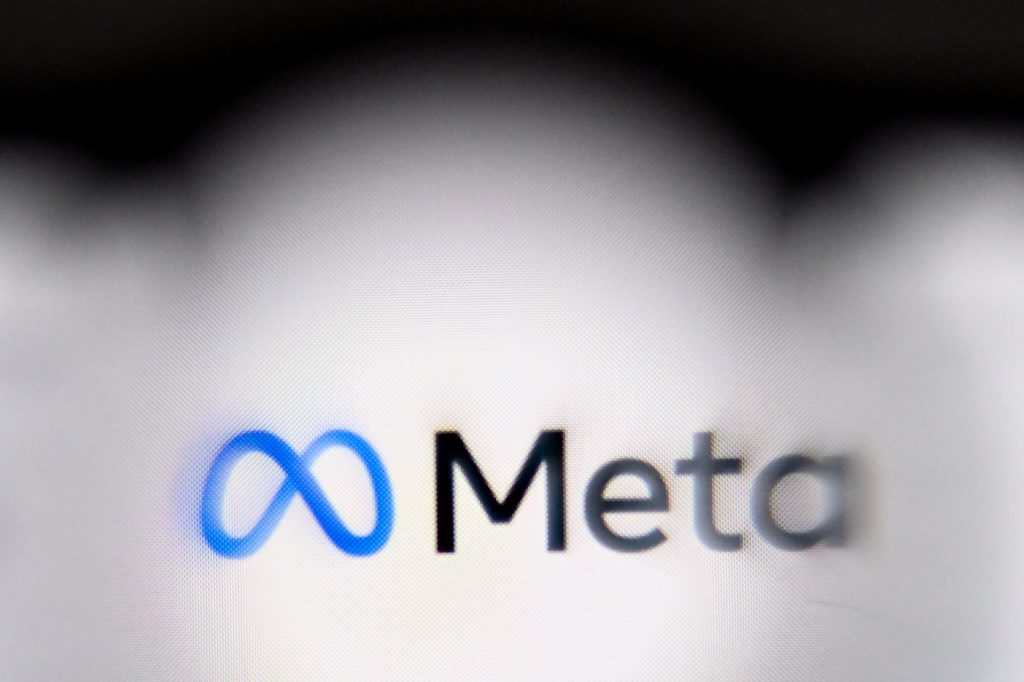Elon Musk took over Twitter on October 27 and has repeatedly courted controversy, not least by sacking half of its staff
Twitter users voted on Monday to oust controversial owner Elon Musk as CEO in an unscientific poll he organized and promised to honor, just weeks after he took charge of the social media giant.
A total of 57.5 percent of more than 17 million accounts voted for him to step down. Musk, who is also the boss of car maker Tesla and rocket firm SpaceX, has not yet responded.
Musk has fully owned Twitter since October 27 and has repeatedly courted controversy as CEO, sacking half of its staff, readmitting far-right figures to the platform, banning journalists and trying to charge for previously free services.
Analysts have also pointed out that the stock price of Tesla has slumped by one-third since the Twitter takeover and the share price briefly rallied by 3.3 percent on Monday before fading.
“It’s hard to ignore the numbers since [Twitter] deal closed,” tweeted investment expert Gary Black, saying he reckoned Tesla’s board was putting pressure on Musk to quit his Twitter role.
In discussions with users after posting his latest poll, Musk claimed he had no successor in mind and renewed his warnings that the platform could be heading for bankruptcy.
– Dorsey bemused –
The unpredictable billionaire posted the poll shortly after trying to extricate himself from yet another controversy.
On Sunday, Twitter users were told they would no longer be able to promote content from other social media sites.
But Musk seemed to reverse course a few hours later, writing that the policy would be limited to “suspending accounts only when that account’s *primary* purpose is promotion of competitors.”
“Going forward, there will be a vote for major policy changes. My apologies. Won’t happen again,” he tweeted.
The attempted ban had prompted howls of disapproval and even bemused Twitter cofounder Jack Dorsey, who had backed Musk’s takeover.
He questioned the new policy with a one-word tweet: “Why?”
– ‘Perfect storm’ –
Musk has generated a series of controversies in his short reign.
Analyst Dan Ives from Wedbush called his tenure a “perfect storm.”
He flagged that “advertisers have run for the hills and left Twitter squarely in the red ink potentially on track to lose roughly $4 billion per year we estimate.”
Shortly after taking over the platform, Musk announced the site would charge $8 a month to verify account holders’ identities, but had to suspend the “Twitter Blue” plan after an embarrassing rash of fake accounts. It has since been relaunched.
On November 4, with Musk saying the company was losing $4 million a day, Twitter laid off half of its 7,500-strong staff.
Musk also reinstated the account of Donald Trump — though the former US president indicated he had no interest in the platform — and said Twitter would no longer work to combat Covid-19 disinformation.
In recent days, he suspended the accounts of several journalists after complaining some had published details about the movements of his private jet, which he claimed could endanger his family.
Employees of CNN, The New York Times and The Washington Post were among those affected in a move that drew sharp criticism, including from the European Union and the United Nations.
The Washington Post’s executive editor Sally Buzbee said the suspension of journalist Taylor Lorenz’s account “further undermines Elon Musk’s claim that he intends to run Twitter as a platform dedicated to free speech.”
Some of the suspended accounts have since been reactivated.










